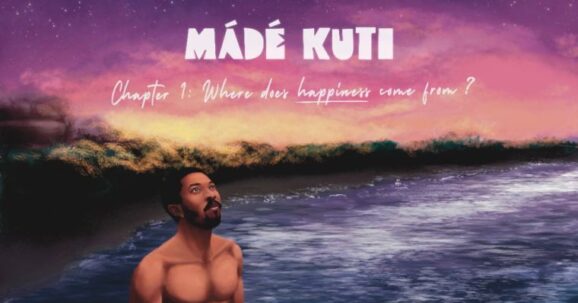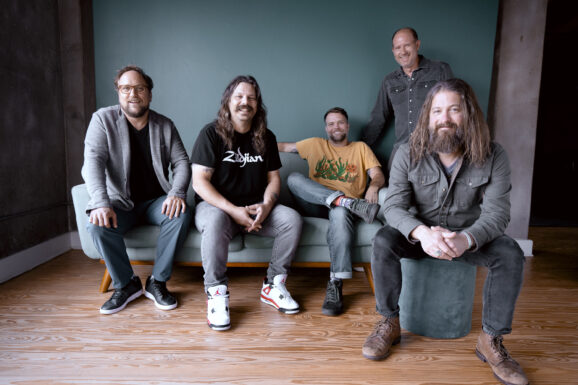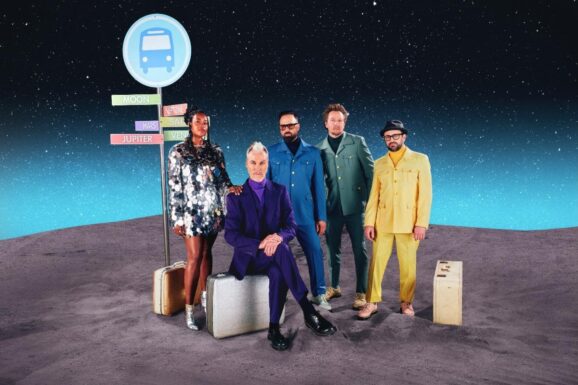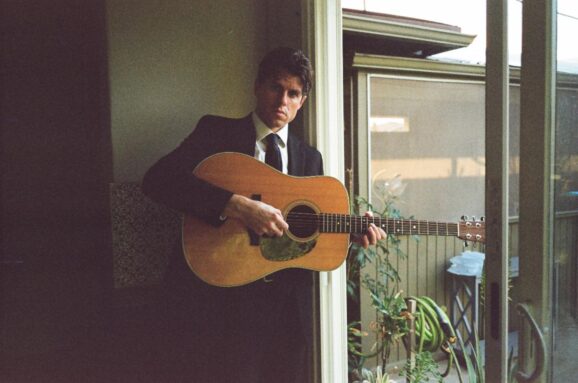Contrary to the usual pre-release ballyhoo afforded a Bob Dylan album, Empire Burlesque turned out to be a sequel to its somewhat disappointing counterpart from two years prior, Infidels. Like its predecessor, the 1985 effort was initially recorded and produced with the best intentions, only to see those productive results go (almost) to waste due to questionable decisions by The Bard himself.
It didn’t take retrospection, however, to hear how the mechanical veneer engineer, Arthur Baker, applied to the recordings muffled the collective and individual personalities of the players. The artificiality of the audio is even more evident in listening to the fifth CD of The Bootleg Series Volume 16, for which the archivists removed the disco-oriented inflections of Baker’s mix.
This style, so commonplace in its era, in part due to the latter’s work with hip-hop artists like Afrika Bambaataa, as well as the British group New Order, may very well be what the Nobel Laureate was hoping would attract listeners to his work. But tracks shorn of the effects, such as the leaping, bounding rendition of “When The Night Comes Falling From The Sky,” are far preferable to the ones formally released.
Likewise, on “Seeing The Real You At Last” and “Emotionally Yours,” two of Tom Petty’s Heartbreakers — guitarist Mike Campbell and bassist Howie Epstein — reaffirm the earthy blues and gospel roots in the material. In doing so, the pair reaffirms that Bob Dylan can be as sentimental as he is irascible.
During the protracted sessions, the artist initially oversaw himself; he revived, reworked, and retitled a number from the Infidels sessions (initially overseen by Dire Straits’ Mark Knopfler). As a result, “Someone’s Got a Hold of My Heart” became “Tight Connection to My Heart.” However, in its reworking as a song, Dylan was wise to retain an arrangement featuring bassist Sly Dunbar and drummer Robbie Shakespeare as well as former Rolling Stone Mick Taylor on lead guitar.
Such a potent accompaniment on Bob’s twenty-third studio album, combined with the stylistic range of the material, ended up being unfortunately homogenized. Still, the diversity of the album includes the romantic ballad, “I’ll Remember You,” and a deceptively topical, tongue-in-cheek piece of honk-tonk called “Clean-Cut Kid.”
The latter proved the author retained his grasp of the absurd in full, and the earthy ardor of the former belies Dylan’s earlier statements of frustration about how to record in such a way that he did justice to his songs. Presumably, no such issues arose with “Dark Eyes,” the closing track of Empire Burlesque.
The result of a challenge Arthur Baker tendered to the one-time ‘Voice of a Generation,’ asking for a number reminiscent of his early folk days, was composed that night and recorded the very next day. It’s a somewhat ominous number featuring a sparse arrangement in which Dylan’s vocal is accompanied only by his acoustic guitar and a harmonica.
Devoid of the 80s aesthetic for which the rest of the album is known, it is easily the high point of this long player as it was initially released forty years ago. It’s almost enough to make the album worth listening to in its official form and compels consideration of the song as one of the highlights of the Dylan canon.
Meantime, extension of that broad perspective leads to consideration of Empire Burlesque as a pronounced step forward toward Bob’s eventual production of his albums (after one more outing with Daniel Lanois on 1997’s Time Out of Mind).
Works beginning with the splendid ‘Love And Theft’ in 2001, through to Rough And Rowdy Ways nearly two decades later, are generally worth enduring that fitful sequence of events taking place in the early-to mid-Eighties.










2 Responses
Devoid of the 80s aesthetic for which the rest of the album is known, it is easily the high point of this long player as it was initially released forty years ago. It’s almost enough to make the album worth listening to in its official form and compels consideration of the song as one of the highlights of the Dylan canon.
Meantime, extension of that broad perspective leads to consideration of Empire Burlesque as a pronounced step forward toward Bob’s eventual production of his albums (after one more outing with Daniel Lanois on 1997’s Time Out of Mind).